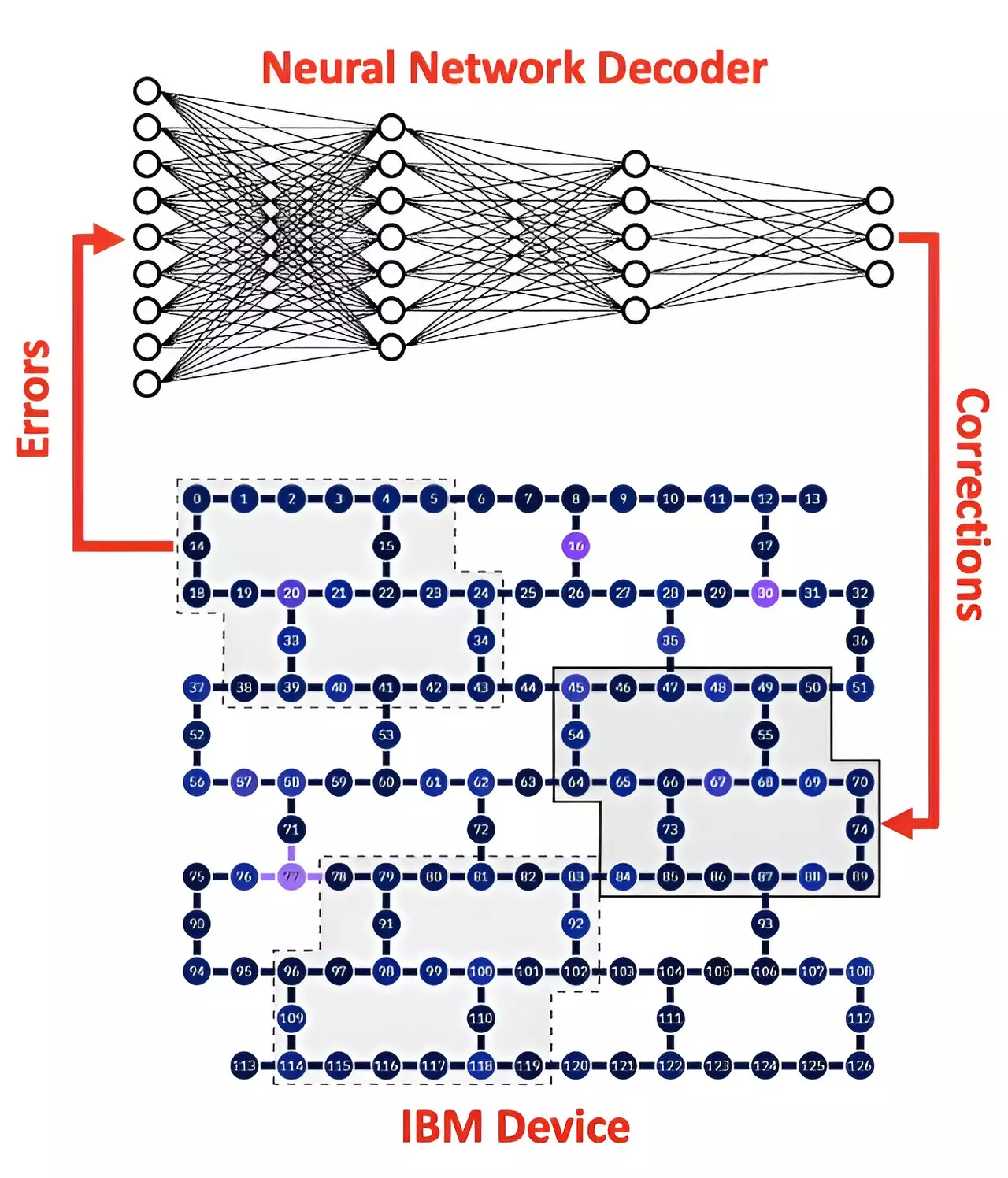Quantum computing stands at the precipice of technological revolution, promising to change the landscape of computational capabilities. However, like any emerging technology, it faces significant hurdles that could prevent it from achieving its full potential. Quantum computers operate on the principles of quantum mechanics, leveraging quantum bits, or qubits, that can represent a 0, a 1, or both simultaneously through a phenomenon known as superposition. This unique trait is what gives quantum systems their extraordinary computing power, enabling them to tackle problems that are insurmountable for classical computers. Yet, this same power is marred by the fragility of qubits, leading to significant issues such as noise and errors.
The Dilemma of Qubit Noise
The concept of qubit noise is central to the challenges of quantum computing. Due to the inherent instability of quantum states, qubits are prone to errors that distort their outputs. This noise originates from various sources—environmental interference, temperature fluctuations, and even the properties of the materials involved in constructing quantum systems. Traditional error correction methods, known as quantum error correction codes, have been developed to manage this confusion. However, effectively implementing these codes requires advanced techniques to interpret and correct the resulting errors from qubit misbehavior. Unfortunately, current solutions do not scale efficiently with the increasing complexity of quantum systems.
AI: A Game Changer for Quantum Error Correction
Enter artificial intelligence as a promising ally in the quest to combat qubit noise and enhance error correction capabilities. New research from Australia’s national science agency, CSIRO, has shed light on the marriage of AI and quantum computing, revealing that machine learning-based approaches can significantly improve the efficiency of error detection and correction. The recent publication in Physical Review Research outlines groundbreaking steps taken towards integrating AI, specifically neural networks, into the process of decoding quantum errors.
CSIRO’s Data61 Quantum Systems Team Leader, Dr. Muhammad Usman, spearheaded the project, providing evidence that AI could play a crucial role in interpreting complex error data generated from quantum hardware like those developed by IBM. By utilizing a neural network syndrome decoder, the team demonstrated its capacity to analyze real-time measurements from quantum processors and suggest effective corrections—a feat previously deemed challenging due to the volatile nature of quantum noise.
Unpacking the Neural Network Decoder
The neural network decoder stands as a pivotal innovation, merging cutting-edge AI techniques with quantum error correction strategies. This decoder effectively identifies and segregates error information from a lattice of qubits by employing syndrome measurements—a standard practice in error correction schemes. Yet, the efficiency of processing these measurements is critical; otherwise, the quantum error correction codes simply cannot function optimally. What is striking about Dr. Usman’s research is its demonstration that leveraging a neural network not only enhances error detection but also streamlines the entire correction process, paving the way for improved fault tolerance as quantum systems continue to evolve.
While the research acknowledges that current error correction codes have not achieved the expected suppression when increasing error code distances—primarily due to high noise levels in existing IBM processors—it hints at a more promising future as these physical error rates decline.
Prospects on the Horizon
The implications of this research are profound. Should physical error rates decrease in the near future, the combination of neural networks and quantum error correction could lead to a paradigm shift. The potential for achieving full fault-tolerance as the code distance increases signifies a critical leap towards practical, usable quantum computers capable of addressing complex real-world problems. As quantum technology continues to mature, it is clear that AI’s role will only grow, establishing it as an indispensable tool in overcoming the formidable challenges faced by quantum computing today.
This partnership marks an exhilarating chapter in the evolution of both fields, with AI enhancing our capabilities to harness the incredible power of quantum computing—an exciting prospect that promises to redefine what is achievable in science and technology.


Leave a Reply